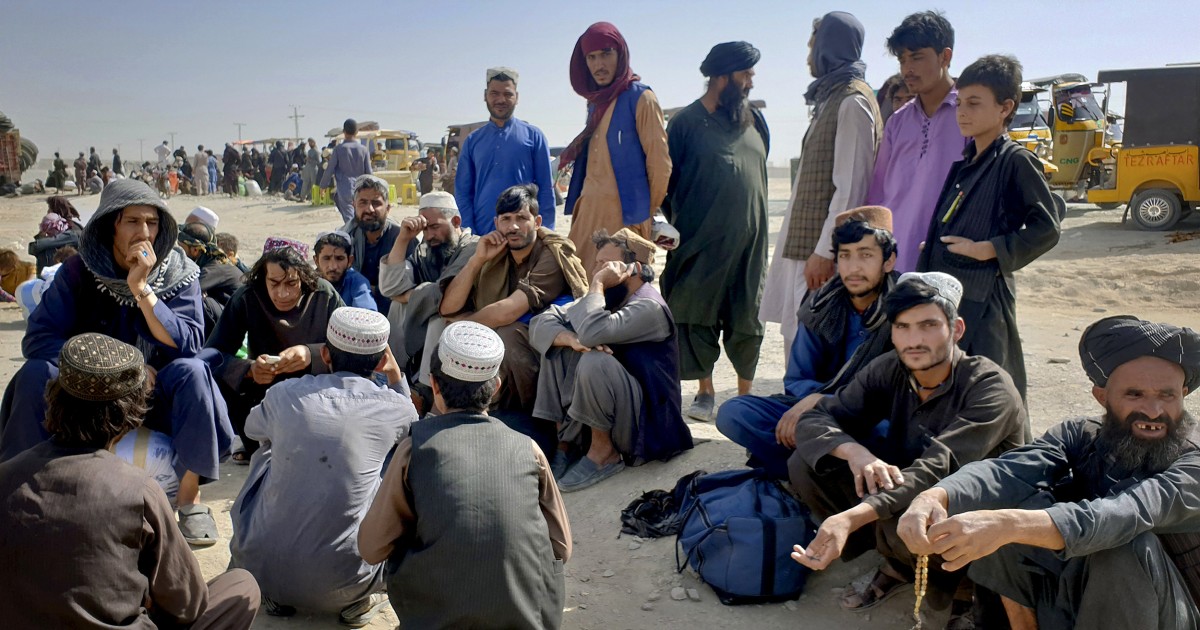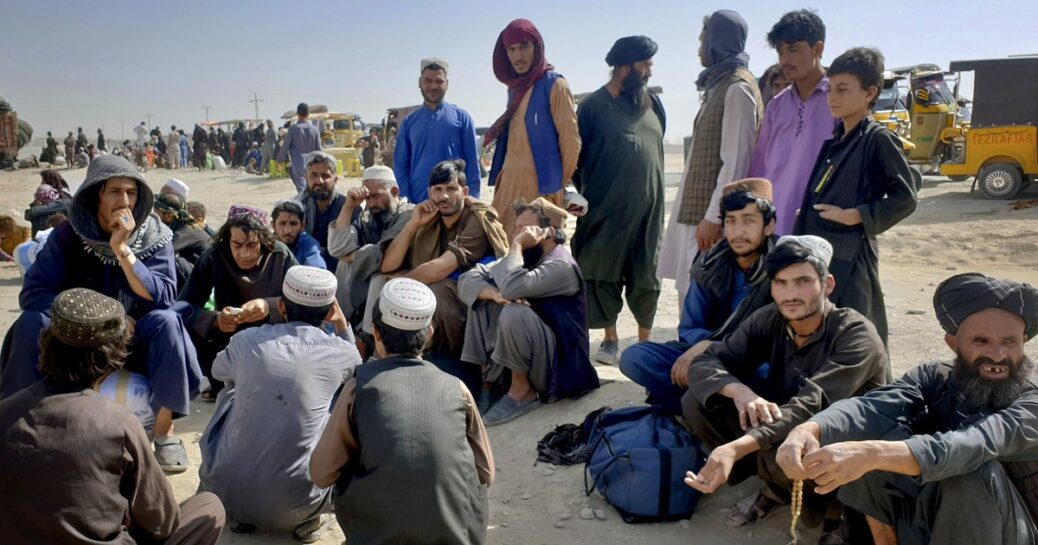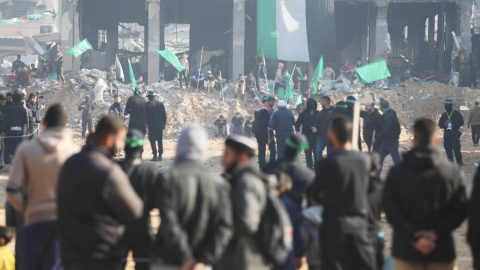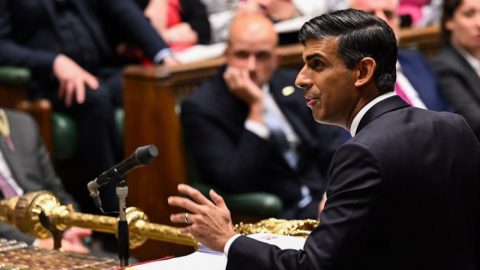
Taliban fighters swept into the capital of another Afghan province on Saturday, heightening fears the hard-line Islamist group was tightening its grip on the country as U.S. forces withdraw.
Insurgent fighters entered the capital of northern Afghanistan’s Jawzjan province, a provincial lawmaker told the Associated Press. A Taliban spokesperson also told NBC News it had taken control of the city, Sheberghan, less than 24 hours after another capital city fell as provinces throughout the country threatened to collapse in the wake of a rapid Taliban onslaught.
Friday’s capture of Zaranj, the heart of Nimroz province in southwest Afghanistan, made it the first provincial capital to fall to the militants since U.S. forces began withdrawing from the country.
The militants are conducting an aggressive offensive through the country at a speed that has even surprised some of the fighters themselves.
That has driven thousands out of their homes to seek refuge, from both the fighting and the prospect of the strict regime that ruled the country before 2001 being reimposed.
“The situation is very bad now,” said a government official from Nimroz who requested anonymity to protect their own safety.
“Taliban have the control of whole city,” she said. “Since last night they have been looking for government people house by house.”
In a statement Saturday, the Taliban sought to reassure civil servants in the newly-toppled capitals who it said were trying “to flee towards Iran and other places with their families.”
But residents feared a darker fate if they stayed.
The official said that “everyone is hiding” and people are “not safe.”
“As a woman who has worked and fought around 20 years for women rights, for a better society, for equality, for women’s improvement. I can’t accept that Taliban destroy all these achievements.”
The official said she feels “abandoned” by the U.S. amid their departure from the war-torn country after two decades of war.
While in power, the Taliban enforced a strict version of Islam that made women and girls practically invisible in public life.
With the group resurgent, a slew of assassinations has struck Afghanistan, mainly targeting prominent women, journalists, judges and others fighting to sustain a liberal way of life in the country.
Recently, the group said it had captured more than half of Afghanistan’s territory, including strategic border crossings.
The U.S. Air Force continues to aid the Afghan air force’s bombing of Taliban targets in southern Helmand and Kandahar provinces as Afghan security forces try to prevent a Taliban takeover.
On Saturday, the U.S. and British embassies in Kabul repeated a warning to citizens still there to leave “immediately” as the security situation deteriorated.
“The continued Taliban offensive does nothing but lead to more bloodshed,” a State Department spokesperson said Friday. “If the Taliban continue down this path, they will be an international pariah without support from the international community or even the people they say they want to govern.”
The U.S. toppled the Taliban regime in 2001 after the group sheltered Osama bin Laden, the founder of al Qaeda and the mastermind of the Sept. 11 terror attacks that triggered America’s longest war.
President Joe Biden said last month that the U.S. military mission in the country will conclude Aug. 31, earlier than initially announced.
The conflict has cost the lives of around 2,300 U.S. troops. From 2001 to 2018, some 58,000 Afghan military and police were killed in the violence, according to a study by Brown University.
Almost 20 years and billions of dollars in civilian and military aid later, the official in the newly-captured Nimroz province questioned whether her country — one of the world’s poorest and most violence-ridden — is better off.
“I never could think that America would abandon Afghanistan in such a situation,” she said.
“If America would abandon us like this then why did they come to Afghanistan? And why have we lost millions of lives in these years?”
Abigail Williams , Mushtaq Yusufzai and The Associated Press contributed.









Recent Comments